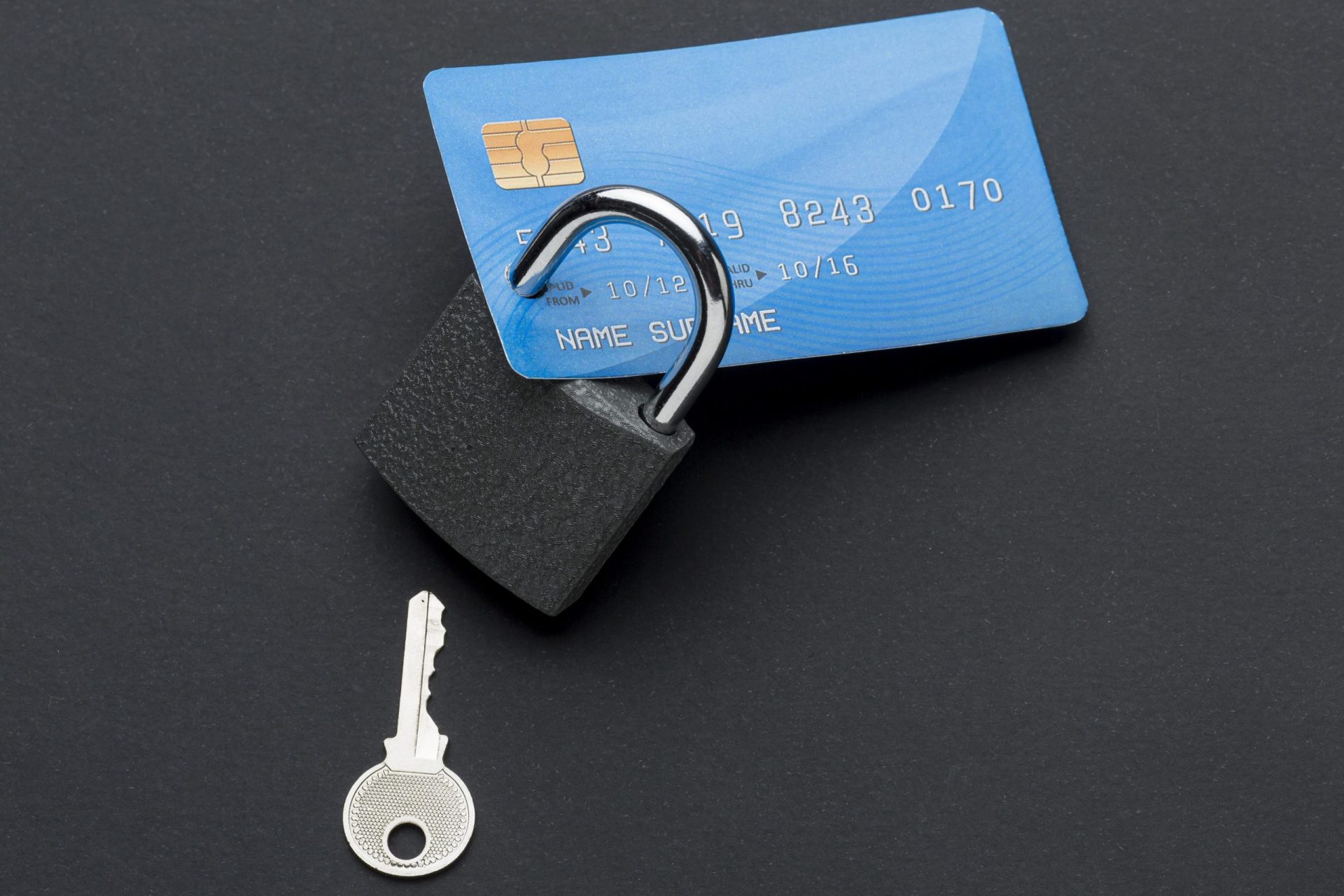Know Your Chargeback Risk Factors
Customer disputes are a fact of life when running a business. When a customer is dissatisfied with a product or service, they want their money back. Sometimes, however, they’re not eligible for a refund.
Credit card purchases allow the customer to contact the merchant to discuss incorrect charges. However, some customers choose to go directly to the credit card issuer instead: this is a chargeback. Chargeback fraud occurs when customers seek refunds directly from the bank when they’re not really eligible for a refund in the first place.
Not all fraud is created equal, however. Chargeback fraud and friendly fraud are similar, but intent distinguishes them.
Chargeback Fraud
If a consumer intentionally requests a refund through their bank on a legitimate purchase, it’s chargeback fraud. According to studies, up to 85% of all chargebacks are likely fraudulent. Consumers commit fraud by claiming the item wasn’t delivered, the item wasn’t as described, the merchant didn’t cancel the customer’s recurring payment, the transaction wasn’t authorized, the item wasn’t in the expected condition, and more. While there are many ways for consumers to commit chargeback fraud, the distinguishing feature is the intent to do so, which leads us to our next point.
Friendly Fraud
While friendly fraud may look similar in terms of reasoning (item wasn’t delivered, wasn’t as described, etc.), it does not stem from malicious intent. Sometimes the buyer may have forgotten they made the purchase in the first place, or they didn’t recognize the charge on their statement. Even a family member making purchases on the card unbeknownst to the card owner can result in friendly fraud.
Why Chargebacks Are Problematic For Merchants
Both chargeback fraud and friendly fraud are harmful to businesses, regardless of intent. While the credit card chargeback process exists to protect customers, it does not always protect businesses. One of the biggest problems that chargebacks present for businesses is that they remove the business from the equation: instead of talking to the merchant about the refund, consumers go straight to the bank instead. This process can be a security measure for consumers who are victims of merchant fraud, but when the consumers are the ones committing the fraud it becomes a big issue for the business. In most cases, however, filing a chargeback without first discussing it with the business is the online equivalent of shoplifting. When a chargeback occurs, the cardholder keeps the item and also receives the refund, so the merchant loses twice.
Know more about Chargeback frauds and its prevention at American Verification Processing Solutions.








